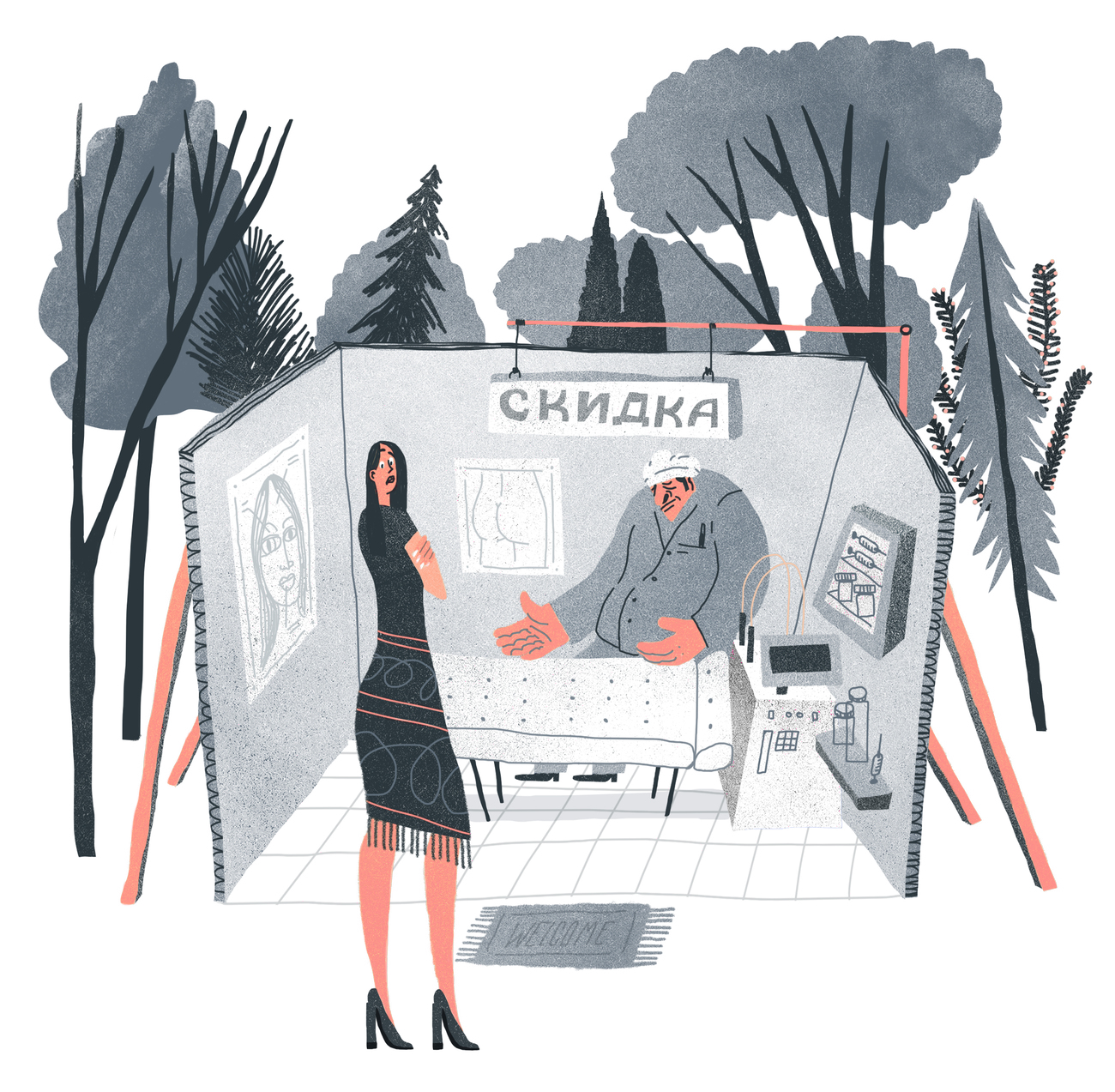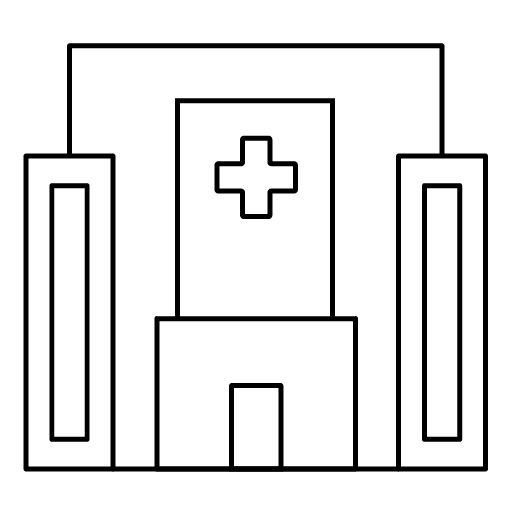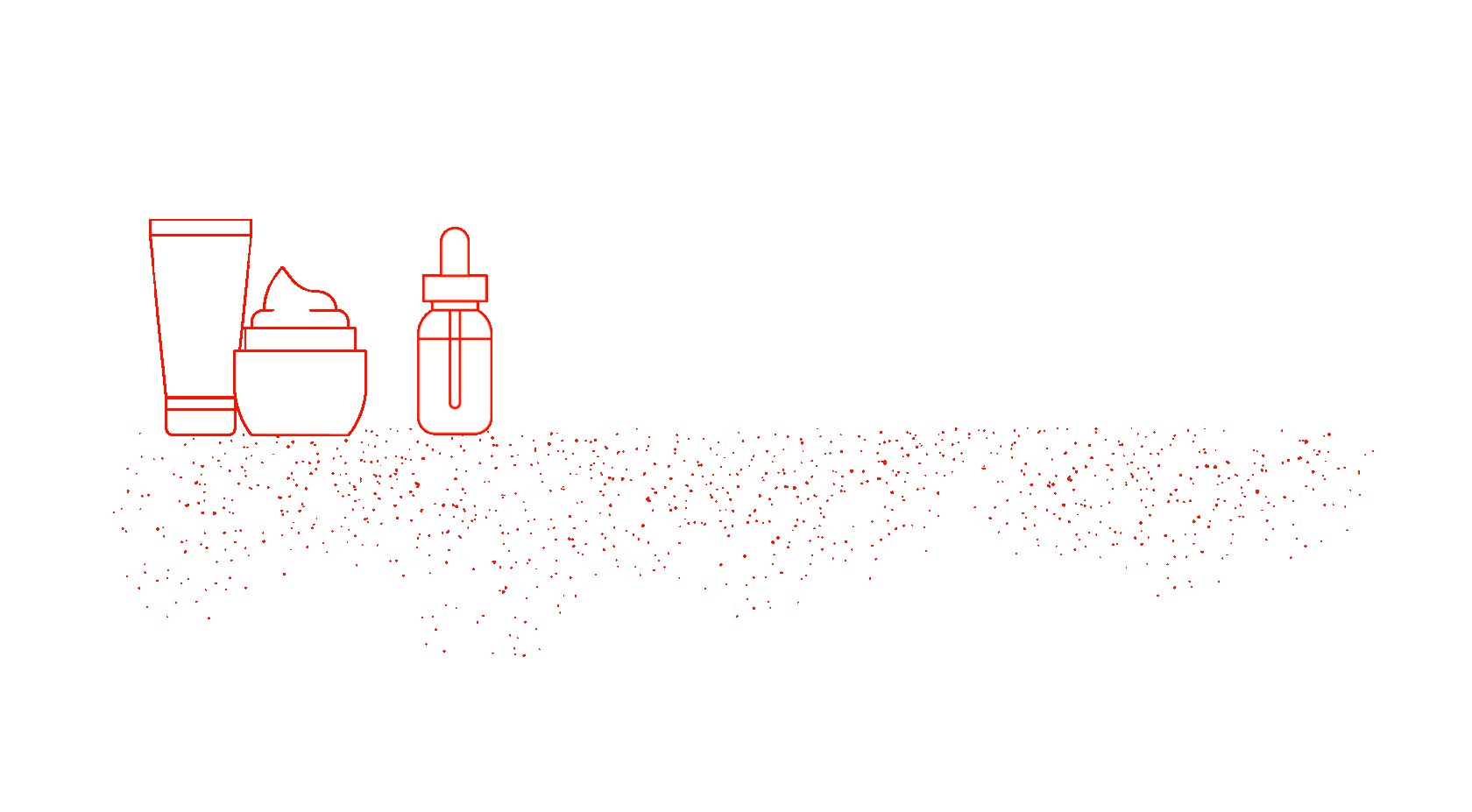
Aesthetic Medicine
INITIATED SURVEY
The law firm BrandMonitor conducted a survey among consumers and providers of beauty treatment services in Russia. The survey is concerned with consumers' attitude to inauthentic products, the means of their identification, and the ways to protect consumers and the market against counterfeits.
The patient's journey starts with a search for a clinic, salon, or private therapist that can provide quality services. For this purpose, the patient may rely on advertisement or informal advice.
The BrandMonitor-initiated survey identified the main sources of information used by consumers in search of salons, clinics and private therapists.
The BrandMonitor-initiated survey identified the main sources of information used by consumers in search of salons, clinics and private therapists.
Patients are careful when choosing the provider of beauty treatment services
1/2
CONSUMER BEHAVIOR
Sources of information about the service provider, %
Word of mouth
Internet advertisements
A cosmetic physician you know
Advertisements on social networks
TV advertisements
Street advertisements
53
48
34
32
20
12

Most patients prefer private medical clinics
Such distribution of responses indicates the importance of a trustworthy provider of cosmetic services. Despite pervasive advertisement, your friends' advice is still a relevant source of information. In their choice of a cosmetic service provider, consumers normally consider several principal options: specialized clinics, beauty salons, or private beauty therapists (many treat patients at home, hence the Russian nickname 'nadómnik', i.e. 'at-home (therapist)').
Patients are most likely to turn to private medical clinics (58%) for cosmetic services. Less in demand in this respect are beauty salons (44%) and private beauty therapists (30%). The results may suggest that consumers take a serious attitude to health, including body care. Qualified specialists are valued the most, as they can guarantee good results. It is in private clinics that such specialists are normally found.
Patients are most likely to turn to private medical clinics (58%) for cosmetic services. Less in demand in this respect are beauty salons (44%) and private beauty therapists (30%). The results may suggest that consumers take a serious attitude to health, including body care. Qualified specialists are valued the most, as they can guarantee good results. It is in private clinics that such specialists are normally found.
Dangerous equivalents of cosmetic devices and injections are not uncommon on the market of aesthetic medicine. They pose a real threat to the life and health of patients, who may become victims due to their own carelessness or unawareness of the risks of using counterfeit products. In order to establish the share of potential consumers who are out of danger, interviewees were asked if they were prepared to undergo cosmetic procedures that used counterfeit devices and treatments, as well as what they knew about ways to identify authentic devices and treatments.
The survey showed that most interviewees distrust counterfeits, with 86% respondents saying they would turn down injections with inauthentic treatments, while 79% would not undergo a SMAS lifting procedure that uses fake devices.
In order to find out how consumers identify genuine products and devices, the survey asked interviewees an open-ended question to get extended responses. Analysis of the responses revealed that potential customers are specifically looking at product certificates, as well as diplomas confirming the specialist's qualifications. Another common way to ascertain the quality of services is to check reviews about the clinic and the particular specialist.
The survey showed that most interviewees distrust counterfeits, with 86% respondents saying they would turn down injections with inauthentic treatments, while 79% would not undergo a SMAS lifting procedure that uses fake devices.
In order to find out how consumers identify genuine products and devices, the survey asked interviewees an open-ended question to get extended responses. Analysis of the responses revealed that potential customers are specifically looking at product certificates, as well as diplomas confirming the specialist's qualifications. Another common way to ascertain the quality of services is to check reviews about the clinic and the particular specialist.
Patients turn down counterfeit procedures

ПРЕПАРАТЫ
КОНТРАФАКТНЫЕ


Move the cursor over the cards


ПРЕПАРАТЫ
КОНТРАФАКТНЫЕ
Consumers tend to rely on certificates and reviews about particular specialists to decide whether products or devices are genuine. However, checking licenses alone may not be enough, as both products and equipment may be certified. Another useful verification criterion could be price, which should not be below the cost of the consumables. Yet the majority of interviewees (92%) name a price that is much lower than the procedure's actual cost.
Patients are aware of this lack of knowledge. Over a half of respondents (57%) admit that they would have difficulty distinguishing between the ads for procedures that use original devices and those that use potentially harmful ones. To sum up the responses, patients appear virtually defenseless against counterfeits. Interviewees were shown ads for SMAS lifting on Instagram. The researchers knew that the clinic used a counterfeit injection. The ad, however, had no direct mention of the fact.
The survey showed that 43% of interviewees would turn down such a procedure, whereas 46% were ready to accept it. These results clearly demonstrate that consumers lack the necessary knowledge and skills to identify fake products.
Patients are aware of this lack of knowledge. Over a half of respondents (57%) admit that they would have difficulty distinguishing between the ads for procedures that use original devices and those that use potentially harmful ones. To sum up the responses, patients appear virtually defenseless against counterfeits. Interviewees were shown ads for SMAS lifting on Instagram. The researchers knew that the clinic used a counterfeit injection. The ad, however, had no direct mention of the fact.
The survey showed that 43% of interviewees would turn down such a procedure, whereas 46% were ready to accept it. These results clearly demonstrate that consumers lack the necessary knowledge and skills to identify fake products.
Patients do not have enough competence to spot a fake
Interviews with medical clinic representatives highlighted two major counterfeit-related issues plaguing the market of cosmetic services. The first one concerns the availability of devices on the Russian market which are presented as alternatives to certified solutions, but are in fact technologically inferior to them and can be unsafe for patients. The second one is illegally imported injections that do not have quality certificates and can therefore cause serious harm to human health.
Interviews with medical clinic representatives highlighted two major counterfeit-related issues plaguing the market of cosmetic services. The first one concerns the availability of devices on the Russian market which are presented as alternatives to certified solutions, but are in fact technologically inferior to them and can be unsafe for patients. The second one is illegally imported injections that do not have quality certificates and can therefore cause serious harm to human health.
Interviews with medical clinic representatives highlighted two major counterfeit-related issues plaguing the market of cosmetic services. The first one concerns the availability of devices on the Russian market which are presented as alternatives to certified solutions, but are in fact technologically inferior to them and can be unsafe for patients. The second one is illegally imported injections that do not have quality certificates and can therefore cause serious harm to human health.
Fakes in the cosmetic treatment market are harmful to patients, clinics, and manufacturers
2/2
EXPERT OPINION
"
Our partners in various Russian provinces, who promote our products, are affected the worst. We invest a lot in product promotion (and so do our partners), but end consumers, once they find out about it and get a taste of it, can buy our product from shadow suppliers at a 30% lower price.
Brands suffer both financial and reputational damage from counterfeiters. It is regional partners of authentic brands that bear the brunt—and they are the ones informing the head offices about the losses.
Experts point out that uncertified products are often sold openly. Dishonest distributors approach clinics and beauty salons, offering such goods for sale. Some of them unashamedly admit that their goods are knockoffs, while also claiming they are just as good as genuine products. Others would insist that their products are authentic but show fake certificates.
The interviewed experts suggest that distributors of uncertified dermal fillers as well as beauty therapists that perform cosmetic procedures with fake devices are confident that they will get away with it, and therefore do not hide their contact information.
The interviewed experts suggest that distributors of uncertified dermal fillers as well as beauty therapists that perform cosmetic procedures with fake devices are confident that they will get away with it, and therefore do not hide their contact information.
There are distributors in the market that openly sell counterfeit or illegally imported goods
"
They [dishonest distributors] always stress the fact that their equivalent product is cheaper than the original. They also claim that "it works just as well" and "we are about to receive approval documents for it, in fact, as soon as tomorrow.
Experts consider the Internet to be the principal medium for the sale of fake treatments. For example, they mentioned that private beauty therapists actively advertise their services on social networks, including Instagram. Another important distribution channel for fake treatments and professional skin care devices are specialized trade shows.
Interviews with private specialists revealed that they are aware of the problem of fake treatments. Interviewees emphasize that they try to work with reputable suppliers and routinely check if their products are certified. Here, it is the supplier's reputation that appears to be the only criterion on which private therapists base their decision about products' authenticity.
Interviews with private specialists revealed that they are aware of the problem of fake treatments. Interviewees emphasize that they try to work with reputable suppliers and routinely check if their products are certified. Here, it is the supplier's reputation that appears to be the only criterion on which private therapists base their decision about products' authenticity.
"
Consumables for the procedure are rather costly. Therefore, the end price is high, too. The same procedure is often advertised to be 3 or 4 times cheaper than would be profitable. One can suspect that they use fake materials, driving down the cost of the service. This is something we see every day.
Experts remark that the widespread popularity of at-home therapists poses a serious threat to consumers and the market alike. Private therapists charge much lower prices than medical clinics. Such at-home therapists purchase fake or illegally imported products and can therefore put a moderate price-tag on their services. Experts believe that "home-based" therapists explain their low prices by the absence of rent payments.
Representatives of medical clinics think that patients are often uninformed about the ways to tell if a clinic uses low-quality equipment or fake treatments. Nor do they have a clear idea of how a procedure should be executed, what the requirements are for the room, and what documents should confirm the therapist's qualifications. This is why they often go for at-home therapists, ignorant of the potential risks.
Patients are unaware of counterfeit products and risks related to their usage
"
What people do not realize is that hyaluronic acid is an umbrella term. And that is why they choose the cheapest option available. They fail to understand that different procedures require different types of hyaluronic acid, and they may be sold the wrong kind.
Experts believe that the principal weapon against counterfeits is an ongoing educational effort on behalf of brands and clinics. Patients are often unaware of the existence of knockoffs that can harm their health and are clueless as to how to spot them. Manufacturers use even more active methods to fight back: for example, through test purchases, regular monitoring of bad actors, and appeals to public authorities. Experts are certain, however, that without a coordinated action plan for all market players it is too soon to speak of a final victory over counterfeiters.
The main issue pointed out by all experts is the absence of a systematic approach in the struggle against counterfeits. Regular and well managed seizures of counterfeit goods, as well as the shutting down of websites that propagate fakes, can achieve significant results for manufacturers and market in general.
The main issue pointed out by all experts is the absence of a systematic approach in the struggle against counterfeits. Regular and well managed seizures of counterfeit goods, as well as the shutting down of websites that propagate fakes, can achieve significant results for manufacturers and market in general.
Writer:
Designer:
Angelina Levina
Anna Ilyina
Illustrator:
Ilya Kutovoy
'A premium copy,' 'an AAA+ replica,' and other tricks to push a fake
26% of buyers of fakes support the battle against counterfeits
Annual sales of counterfeit goods exceeded RUB 25 bn
Market size of counterfeit athletic shoes

